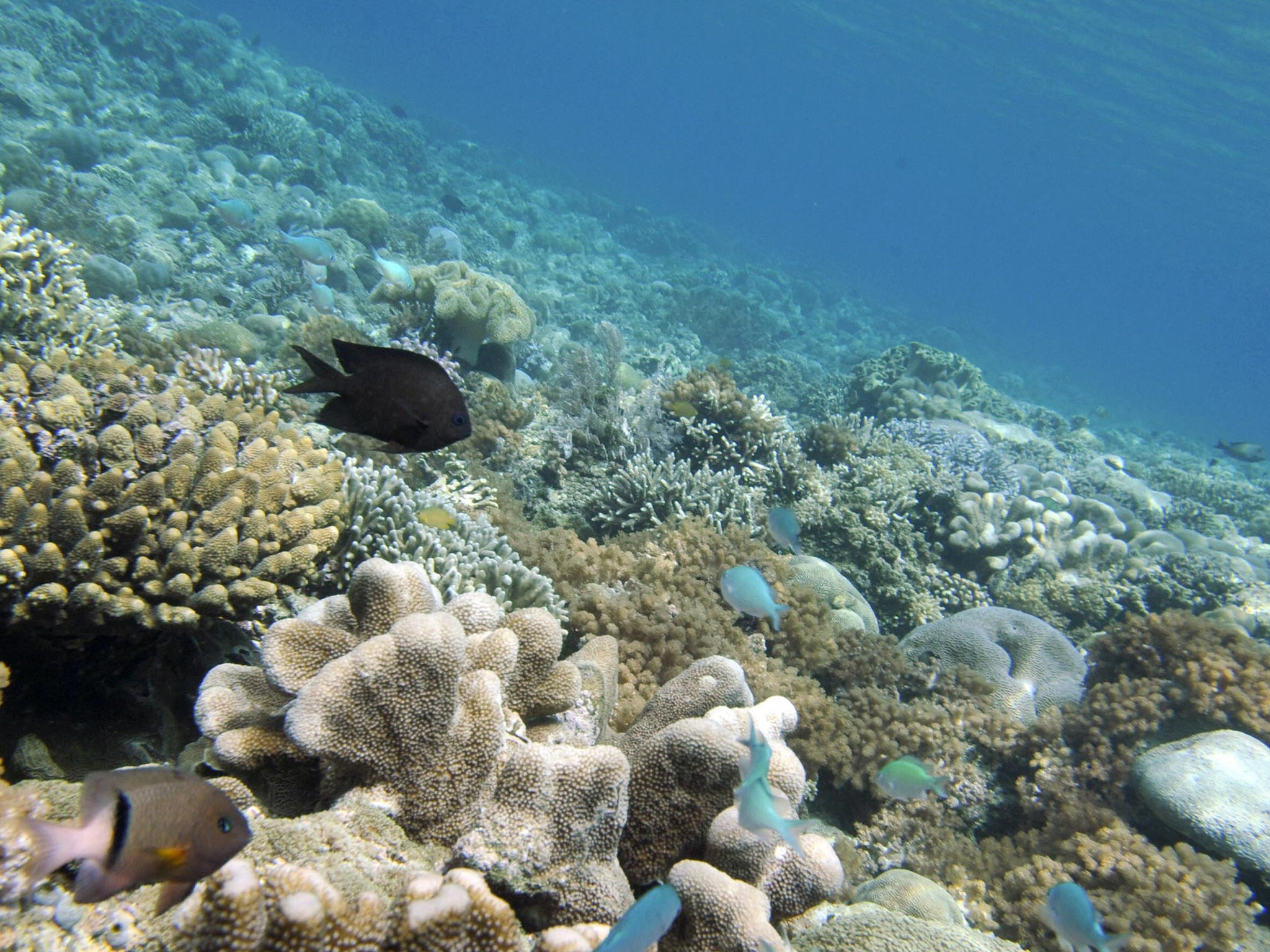Scientists warn over coming era of deep sea mining
Strip mining and vacuum mining

Your support helps us to tell the story
From reproductive rights to climate change to Big Tech, The Independent is on the ground when the story is developing. Whether it's investigating the financials of Elon Musk's pro-Trump PAC or producing our latest documentary, 'The A Word', which shines a light on the American women fighting for reproductive rights, we know how important it is to parse out the facts from the messaging.
At such a critical moment in US history, we need reporters on the ground. Your donation allows us to keep sending journalists to speak to both sides of the story.
The Independent is trusted by Americans across the entire political spectrum. And unlike many other quality news outlets, we choose not to lock Americans out of our reporting and analysis with paywalls. We believe quality journalism should be available to everyone, paid for by those who can afford it.
Your support makes all the difference.The last great unexplored wilderness on Earth is about to experience industrial-scale mining that could change the face of the pristine seabed of the deep ocean for generations to come, scientists have warned.
Access to the mineral deposits and rare-earth metals that are known to exist on the sea bed has never been easier with the help of robotic submarines and there are already 19 leases for prospecting in international waters and another five leases that are pending, they said.
Strip mining involving giant underwater cutters, where vast areas of the seabed are removed and brought to the surface as a slurry, and vacuum mining where the seabed is literally sucked up by machines, are the kind of mining operations that could be commonplace in a few years time, they told the American Association for the Advancement of Science.
“The deep ocean is a vast repository of natural resources and we’re going to be going in there if not now, then within the next 50 years,” said Lindwood Pendleton of the Duke Nicholas Institute for Environmental Policy Solutions in Beaufort, North Carolina.
“We’re really in the dark when it comes to the ecology of the deep sea. We know a lot about a few places, but nobody is dealing with the deep sea as a whole, and the lack of knowledge is a problem for decision-making and policy,” Dr Pendleton said.
Without careful controls the physical habitat of the sea bed hundreds of feet below the surface could be irrevocably destroyed along with the unique wildlife it supports, said Cindy Lee Van Dover of Duke University in North Carolina.
“The deep sea is out of sight, out of mind, and because there isn’t a specific human society that will be directly impacted by the negative consequences of extraction, there’s a whole level of concern that isn’t being expressed when it comes to deep sea industrialisation,” Dr Van Dover said.
“There’s just so much that we don’t know about the deep sea, and we need that basic research before we form policy, but we urgently need policy before this window of opportunity closes,” she said.
“One hundred years from now, we want people to say they got this right based on the science they had, and they weren’t asleep at the wheel,” she told the meeting.
One mining company prospecting off the coast of Namibia intends to remove between 1 and 5 metres of seabed silt and ship it to the land for extracting phosphate deposits before the waste slurry to siphoned off and dumped back into the sea.
Bronwen Currie of Namibia’s National Marine Information and Research Centre in Swakopmund, said that concerns about the environmental impact of the phosphate mining has led to the government imposing a moratorium until further assessments can be made about its long-term effects.
“The biggest concern is the accumulation of effects. We need research on the impact on fish stocks. There is no real knowledge of the real impacts of this kind of mining,” Dr Currie said.
Join our commenting forum
Join thought-provoking conversations, follow other Independent readers and see their replies
Comments